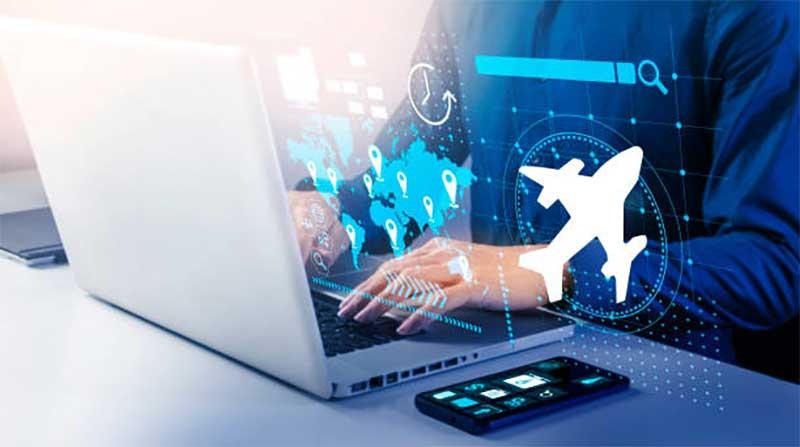The Future Itinerary: Top Trends in the Travel Technology Market

The future of the Travel Technology Market Trends is pointing towards a more intelligent, more personalized, and more seamlessly connected travel experience, driven by the power of AI and a new generation of distribution standards. As the industry continues its impressive growth towards a projected $25.18 billion valuation by 2035—a journey propelled by a solid 5.28% CAGR from 2025 to 2035—several key trends are emerging that will define the next chapter of how we book and experience travel. These trends are focused on moving beyond simple transactional bookings to create a holistic and dynamic journey, from the initial moment of inspiration to the final return home, with technology as the constant, intelligent companion.
One of the most significant and transformative trends is the industry-wide adoption of a new data standard for airline distribution called New Distribution Capability (NDC). NDC is an XML-based standard that is being championed by the airline industry to move beyond the limitations of the old, legacy GDS systems. It allows airlines to distribute a much richer and more personalized set of content directly to travel sellers. Instead of just a fare and a schedule, an airline can use NDC to offer a bundled package that might include a specific seat, Wi-Fi access, and a lounge pass, all in a single, dynamic offer. This trend is fundamentally reshaping the relationship between airlines, the GDS, and travel sellers, and is a major area of technological investment and change.
Another major trend is the deep and pervasive integration of Artificial Intelligence (AI) and machine learning across the entire travel journey. AI is being used to power a new level of personalization, with recommendation engines that can suggest not just a flight or a hotel, but an entire, customized itinerary based on a user's interests. Generative AI is transforming the user interface, allowing travelers to plan a complex trip by having a simple, natural language conversation with a chatbot. AI is also being used on the operational side, with airlines and hotels using it for more sophisticated revenue management and to predict and mitigate operational disruptions, such as flight delays, creating a more efficient and responsive travel system.
Finally, there is a strong trend towards creating a more "connected trip" and a more seamless in-destination experience. The booking of the flight and hotel is just the beginning of the journey. The trend is for travel technology platforms to become a comprehensive in-trip companion. This includes integrating the booking of tours, activities, and ground transportation. It involves providing real-time mobile updates on gate changes or travel disruptions. It is also moving towards a more "contactless" travel experience, with the use of mobile devices for everything from hotel check-in and digital room keys to biometric boarding at the airport. This focus on creating a smooth, connected, and digitally-enabled experience from door to door is a key trend that will define the future of travel technology.
Explore Our Latest Trending Reports:
Identity and Access Management Market






